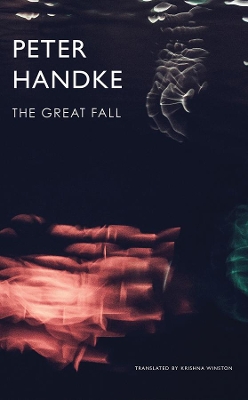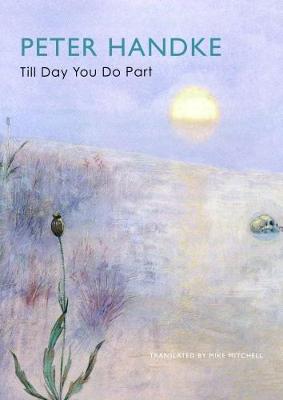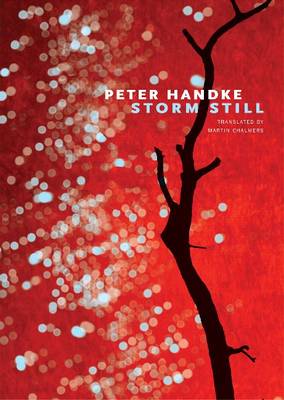German List
3 total works
"On the day of the Great Fall he left nothing, nothing at all behind." The latest work by Peter Handke, one of our greatest living writers, chronicles a day in life of an aging actor as he makes his way on foot from the outskirts of a great metropolis into its center. He is scheduled to receive a prestigious award that evening from the country's president, and the following day he is supposed to start shooting for a film--perhaps his last--in which he plays a man who runs amok. While passing through a forest, he encounters the outcasts of the society--homeless people and migrants--but he keeps trudging along, traversing a suburb whose inhabitants are locked in petty but mortal conflicts, crossing a seemingly unbridgeable superhighway, and wandering into an abandoned railyard, where police, unused to pedestrians, detain him briefly on suspicion of terrorism. Things don't improve when he reaches the heart of the city. There he can't help but see the alienation characteristic of its residents and the omnipresent malign influence of electronic technology. What, then, is the "Great Fall"? What is this heart-wrenching, humorous, distinctively attentive narrative trying to tell us? As usual, Peter Handke, deeply introspective and powerfully critical of the world around him, leaves it to the reader to figure out.
Described as an answer to or at least an echo of Samuel Beckett's Krapp's Last Tape?, Till Day You Do Part Or A Question of Light, by esteemed Austrian playwright and novelist Peter Handke, is a monologue delivered by the "she" in Beckett's play. This unnamed female similarly recalls other significant women protagonists in Handke's own work such as The Lefthanded Woman. Handke prefaces the monologue in Till Day You Do PartOr a Question of Light with a description of two stone figures. While the male figure remains "as dead and gone as anyone can," the female bursts into life, and her monologue gradually focuses on Krapp's use of pauses and language to dominate the other characters in the Beckett play. Ultimately, however, her complaints and critique of Krapp become a declaration of her love for Krapp or at least an affirmation of their attachment, as the two of them are ultimately bound together, perhaps even inseparable. Till Day You Do Part Or a Question of Light is Handke at his best, evidencing the great skill, psychological acumen, and vision for which his work has been celebrated.
Peter Handke, a giant of Austrian literature, has produced decades of fiction, poetry, and drama informed by some of the most tumultuous events in modern history. But even as these events shaped his work, the death of his mother - a woman whose life spanned the Weimar Republic, both world wars, and the postwar consumer economy-loomed even larger. In Storm Still, Handke's most recent work, he returns to the land of his birth, the Austrian province of Carinthia. There on the Jaunfeld, the plain at the center of Austria's Slovenian settlement, the dead and the living of a family meet and talk. Composed as a series of monologues, Storm Still chronicles both the battle of the Slovene minority against Nazism and their love of the land. Presenting a panorama that extends back to the author's bitter roots in the region, Storm Still blends penetrating prose and poetic drama to explore Handke's personal history, taking up themes from his earlier books and revisiting some of their characters. In this book, the times of conflict and peace, war and prewar, and even the seasons themselves shift and overlap. And the fate of an orchard comes to stand for the fate of a people.


